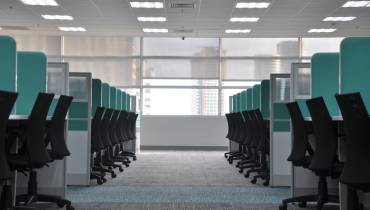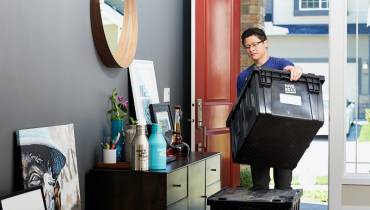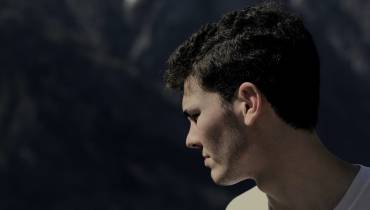The Different Ways Coronavirus Impacted Our Social Life
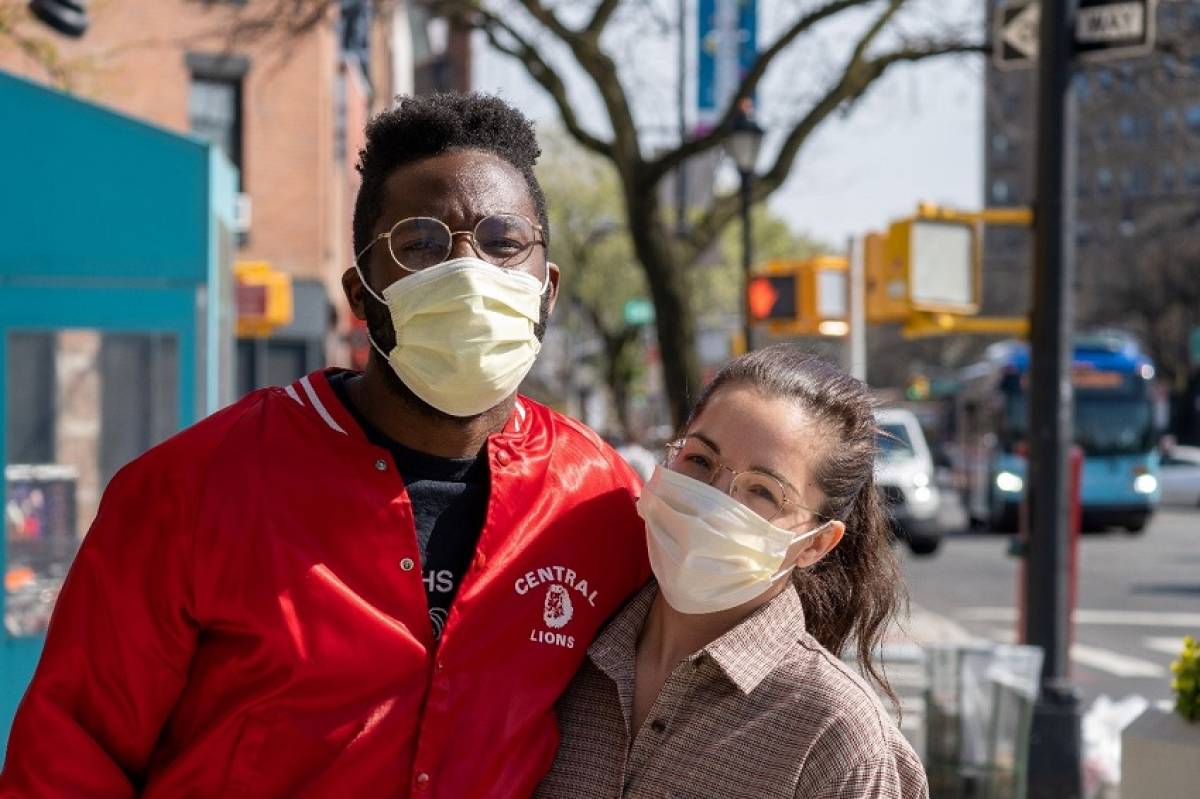
How are you holding up during these unfortunate times of coronavirus pandemic?
Well, the COVID-19 virus has changed almost everything for everyone; from how we work, how we mingle, and even how we practice personal hygiene.
Coping with these sudden and dramatic changes has been very challenging for most people.
Here are some of the notable ways that this virus has impacted our lives socially:
Social-distancing
Health experts and most governments all over the world have advised people to work from home, keep a social distance of at least 6 feet, avoid public transport, limit non-essential travels, and limit physical contact even with the people we love.
Of course, this will flatten the infection curve, but that will come at an unimaginably huge opportunity cost. Many social relationships, for example, might break before this social distancing phenomenon is over.
Not many people can maintain long-distance relationships.
Immeasurable loneliness
As much as most people are trying to hide it, it is nearly certain that we all are silently fighting loneliness. People with corona-like symptoms now have to self-isolate, eat all by themselves in lonely rooms or basements, and live with a constant fear that they might have infected the people they love.
Families of the millions of people held in quarantine, as well as those stuck in faraway countries, aren’t even sure if they will see their loved ones alive and well ever again. This fear is multiplying their loneliness exponentially.
There are also reports of lonely and isolated coronavirus victims who are succumbing to the virus without any of their loved ones by their side. Families are burying their fallen relatives without any friends to comfort them.
The world has never felt lonelier.
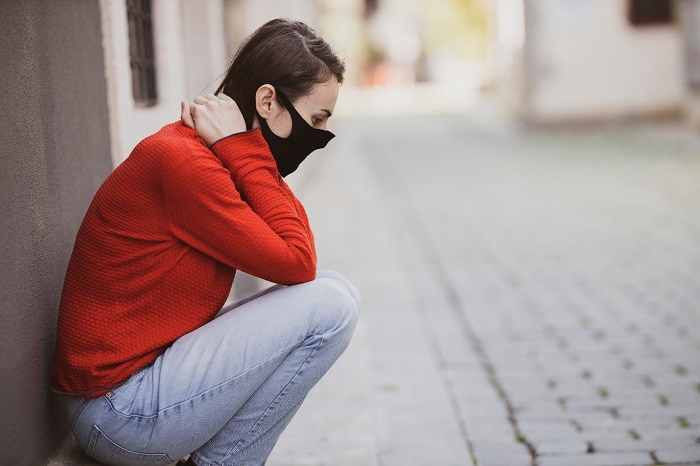
Increased panic
Nobody seems to understand what is going on or what to expect of this new virus. New corona-positive cases are being reported in their thousands every day despite people keeping social distance and following all WHO safety guidelines.
In fact, even the WHO doesn’t seem too sure of how this terrifying virus is transmitted or how it can be stopped. Most healthcare systems are overwhelmed. Workers are losing their jobs; others are being sent on unpaid compulsory leave.
Businesses are shutting down as a result of disrupted supply chains. Nobody is confident about their future health, social relationships, or financial status. These uncertainties are making people anxious and depressed. There is intense panic all over the world.
Heightened stigma and Sino-phobia
Misinformation and conspiracy theories have made many people paranoid. There are theories that “explain” how China created the virus to weaken global superpowers. President Trump is on record saying that coronavirus is a “China virus”.
There are also theories that claim that the virus was made by the US government to silence the Chinese. These accusations and counter-accusations have fueled paranoia and, by extension, stigmatization.
Cases of Chinese nationals and Asian-Americans being stigmatized in the US for being the coronavirus “originators” are on the rise. Cases of stigmatization, victimization, and Sino-phobia have also been witnessed in many parts of Europe.
Sino-phobia aside, travelers who returned to their home countries from China, Italy, Spain, and other COVID-19 epicenters are facing stigmatization, mistreatment, and utter hate from their compatriots. People are convinced that were it not for such travelers, the virus could have not found its way to their country.
Such high levels of paranoia have far-reaching negative social effects.
Social-economic disruptions
Socioeconomic activities are at a standstill. Schools have closed, so parents have to triple-up as their kids’ play partners, teachers, and parents. Parenting has never been more demanding.
Major sporting activities, on the other hand, have been suspended. Movie theaters are empty. Filmmakers aren’t releasing new movies. Farmers’ markets have been closed in most urban settings. Simply put, the coronavirus has increased indoor duties for most people, yet the income-generating social activities have dwindled.
For sports and film lovers, there is nothing interesting to watch on TV. However, it is very important to find out where your time goes and how you can manage it better and be more productive.
Yet, it's important in this difficult time to remain sane and focused on the goals, because this will eventually pass and we need to think about plans for the future.
Also, this time with isolation is a perfect time to learn or get on a project that you have been planning for a long time but because of life obligations and dynamics, they have been postponed.
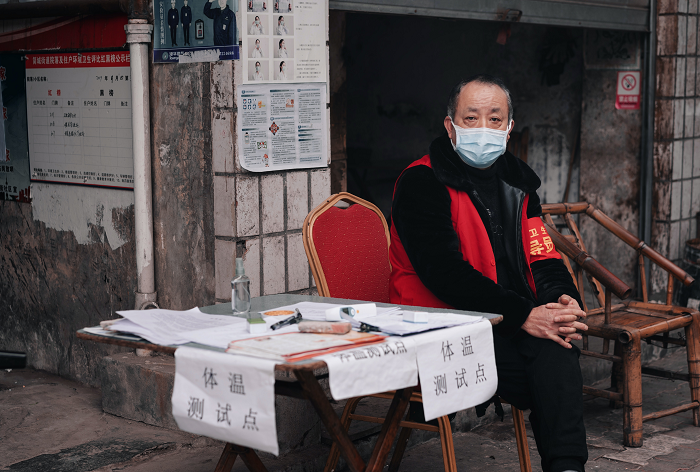
Conclusion
COVID-19 is here with us, so we need to learn how to live with it. It is advisable that people keep physical distance, but social interactions should not die entirely.
Let’s keep singing from our balconies; let’s keep face-timing with our loved ones, and let’s keep our social circles vibrant through social media and other online platforms.
While at it, let everyone of us play a role in spreading truthful information, demystifying myths and theories, and de-stigmatizing our communities.







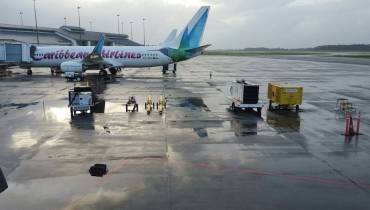



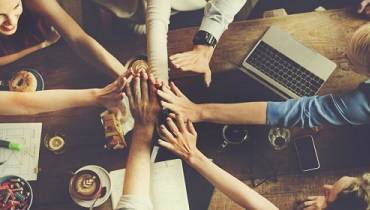
![[node:title]](/sites/default/files/styles/video_thumbnail_bottom/public/web-hosting-reviews.jpg?itok=Ac4fSF_T)



